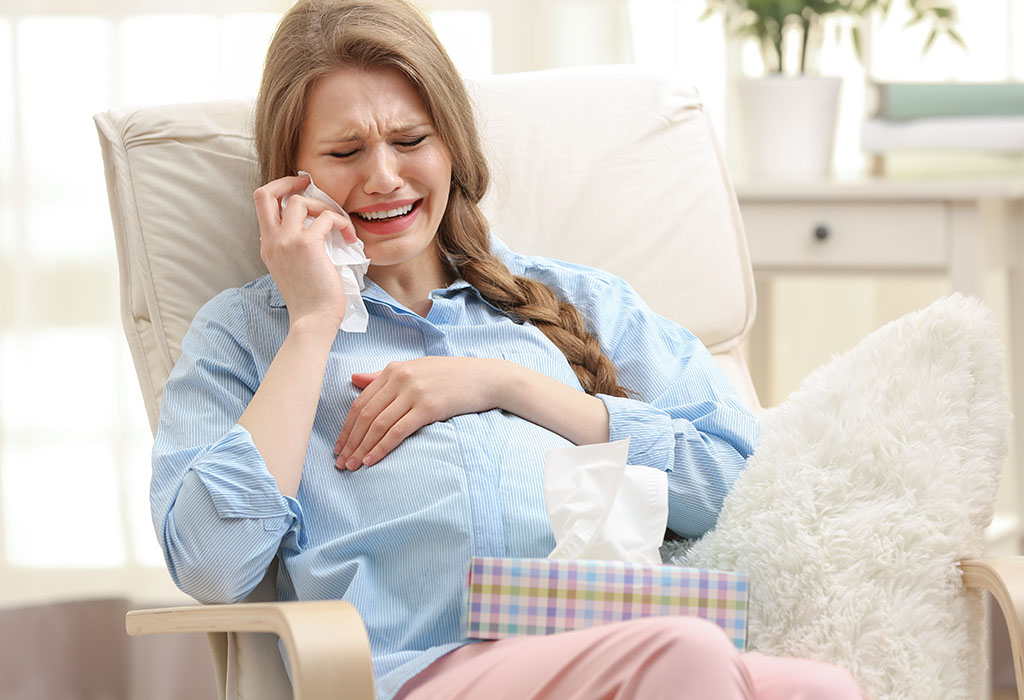Pregnancy and Depression

Whilst pregnancy is obviously a joyous and exciting time for most, around 10% of women suffer from some form of depression. It is thought that the reason for this is due to a rapid change in the hormone levels during early pregnancy. These changes can also lead some women to experience much higher levels of anxiety.
What should I do if I think I am suffering from depression?
As with any form of depression and anxiety, consulting with your health care provider or doctor is very important. Both depression and anxiety can and do affect the body physically and can lead to further illnesses. In the case of pregnant women, birth and labor complications may occur in extreme cases. Post-natal depression can inhibit women from properly caring for themselves and their newborns so it is very important
to treat it at as early a stage as possible. With severe cases of depression, meeting with a trained councilor should be the next step after consulting your doctor. Remember this is not uncommon and it is nothing to feel ashamed or embarrassed about. The first step of admitting that you might be suffering from depression is incredibly important and will set you on the right track to recovery.
Will I suffer from depression during my pregnancy?
Only a relatively small percentage of women will experience high levels of anxiety and depression during pregnancy. Of those that will, there are some factors that might increase the risk.
These are:
- History of depression either in the family or personally
- Stressful life events
- Long and stressful fertility treatment
- Anxiety from a previous miscarriage
- Known complications with pregnancy
- It was unplanned pregnancy
How do I know if I have depression?
Common symptoms of depression are extreme fatigue and insomnia both with a sense of sadness and hopelessness. You might feel that you are unable to function properly and have no motivation to exercise or even continue with normal life activities. In extreme cases thoughts of self-harm and even suicide may be commonplace.
The following symptoms are all signs that you might have depression:-
- Feeling sad
- Feelings of worthlessness and hopelessness
- Difficulty concentrating and focusing
- Making unusual mistakes
- Misunderstanding
- Irritability and agitation
- Crying
- Insomnia
- Fatigue
- Change in appetite
- Extreme mood swings
With anxiety the symptoms will be:
- Racing heart rate
- Feeling faint
- Excessive sweating
- Panic attacks
How is depression treated during pregnancy?
Depression and anxiety can be treated either through counseling or through prescribed medication such as antidepressants or relaxants. Your doctor or psychotherapist will prescribe medication that is safe to
take during pregnancy. If the degree of depression or anxiety is not severe, you may not wish to
embark on a course of medication. It is important to note that non-medicinal routes can be extremely effective. This might be:
- Rest and relaxation
- Pampering
- Spending quality time with your partner
- Exercise and activity
- Talking
- Honesty about feelings.
